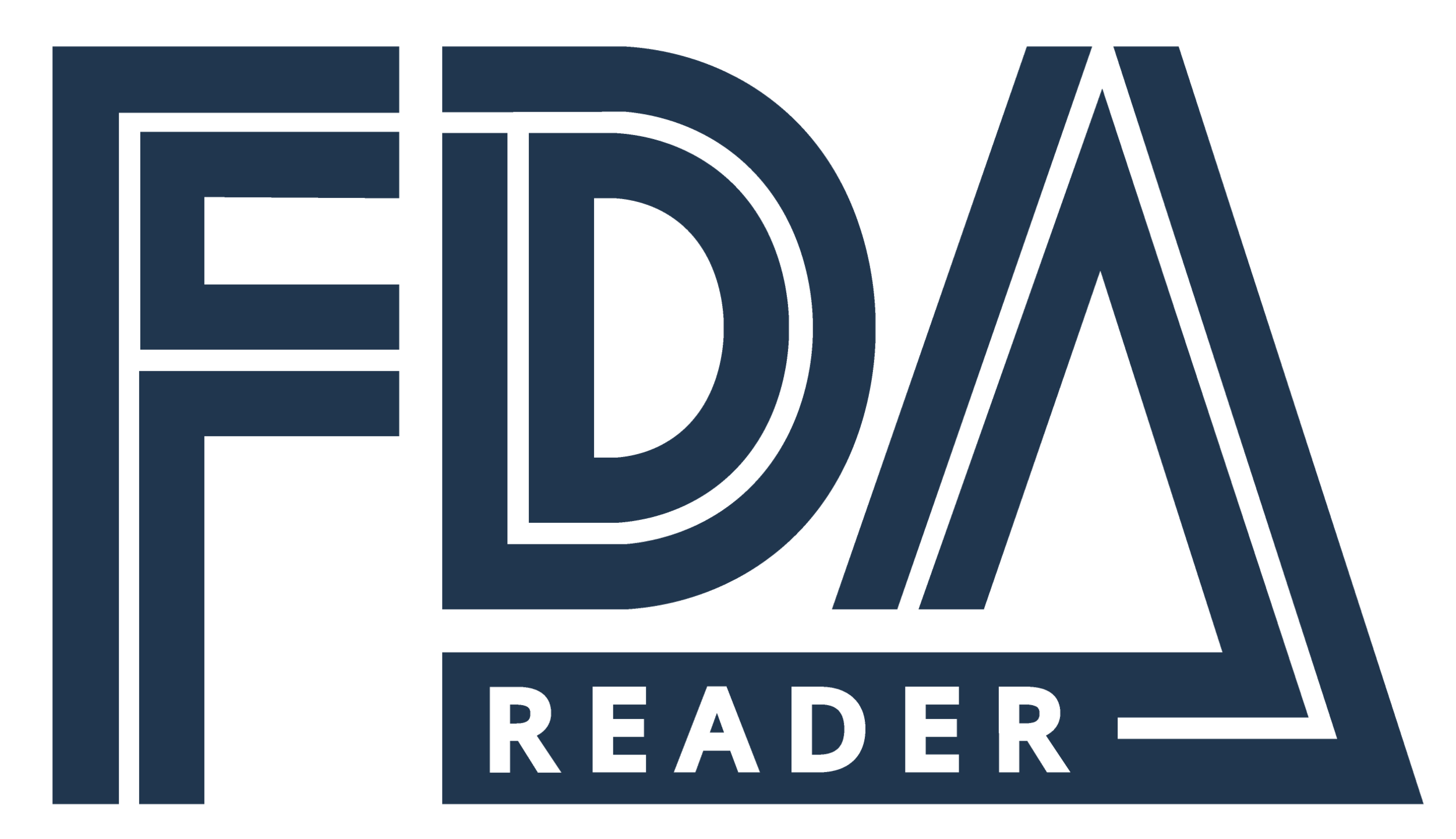5 Things We Learned From the FDA Update on CBD Foods
5 Things We Learned From the FDA Update on CBD
Earlier this year I wrote an article in response to FDA Commissioner Scott Gottlieb’s update on the regulatory status of CBD. As I explained, despite the passage of the 2018 Farm Bill (which legalized hemp as an agricultural commodity) CBD is still illegal as a food ingredient under FDA regulation.
Alarmed by the widespread misinterpretation of the 2018 Farm Bill and the FDA regulations concerning CBD, the outgoing FDA commissioner released another statement on April 2nd, 2019.
Here’s what we learned:
The FDA Is Targeting CBD Products Which Make Drug Claims
The FDA appears most concerned with CBD-product manufacturers who make claims about the ability of CBD to cure or treat disease (aka ‘drug claims’). They have issued warning letters to several brands of CBD foods, including Relievus, Nutra Pure, and PotNetwork for illegally stating the therapeutic affects of CBD without sufficient evidence and the required FDA approval. These companies have made unsubstantiated claims related to CBDs ability to treat addiction, alzheimer’s disease, tumors, cancer, among other ailments.
The imminent concern of the FDA is this: a consumer reads those drug claims and purchases a CBD product to treat a serious health ailment. If this individual chooses to treat their disease with CBD over a drug whose effectiveness has been endorsed by the FDA, that individual’s health might deteriorate.
Gottlieb vowed that the FDA will continue to go after companies making these illegal drug claims on CBD products.
2. Expect Enforcement of Most CBD Foods to be Minimal
If you read the statement closely, you’ll find great news for the majority of CBD food producers.
As it relates to CBD products which do not contain egregious drug-claims, the FDA described their enforcement in milder terms. The agency offered a tepid commitment to “monitor the marketplace and take enforcement action as needed to protect the public health”. CBD products which do not make drug claims and which contain reasonable doses of CBD are not a major public health concern. It appears that the FDA will not invest resources in taking down the manufacturers and retailers of CBD food products, for now at least.
3. The FDA Still Isn’t Convinced CBD is Safe
Gottlieb outlined some concerns related to CBD in his statement. When CBD was successfully trailed as an active ingredient in the epilepsy drug Epidiolex, it was administered in specific dosages under medical supervision and marketed with FDA labeling. Because scientists currently don’t understand the effects of high consumption levels or the cumulative effects of CBD over time, the risk assessment of CBD as a food ingredient remains incomplete. The commissioner also noted a possibility of liver damage resulting from ongoing CBD usage, which needs to be explored further.
4. The FDA is Clarifying their Current Stance and Seeking Possible Paths Towards Legal CBD in Food
In a nod to the opacity of their own regulation, the FDA has promised to update their website with plain-language explanations of CBD regulation and an FAQ section. They also outlined two steps towards considering the lawful marketing and sales of CBD products: the creation of an internal agency group tasked with exploring regulatory pathways to legality and an upcoming public hearing to gather stakeholder input about cannabis-derived products.
The agency also re-affirmed their commitment to building a transparent regulatory framework surrounding CBD and cannabis-derived products. While the FDA regulations are mind-numbingly convoluted and the legal nuances of CBD outshine most prospective food ingredients under FDA consideration, I am hopeful that their efforts can provide clarity on this popular issue.
5. The FDA Won’t Undermine Its Own Policies to Legalize CBD
As stated in my previous article, there are many reasons why the FDA currently assesses CBD as unfit to be a food ingredient. In his statement, Gottlieb reaffirmed that CBD would have to comply with all facets of regulation — including the FD&C Act and the standards set for new dietary ingredients and food additives— before they give CBD the green light. While the allocation of agency resources may expedite this process, CBD will have to fit into the regulatory framework of the FDA and not visa versa.
Conclusion
It appears that CBD is on the pathway towards legal acceptance as a food ingredient. Despite political pressures, the process may take a year or more as it navigates the standard regulatory path for a innovative food ingredient.
The short term viability of CBD food products may hinge on the willingness of major retailers to carry CBD-containing products, which are still illegal. As of February 2019, Whole Foods included CBD on their list of banned ingredients while the FDA commissioner criticized CVS and Walgreens for continuing to carry CBD products.









